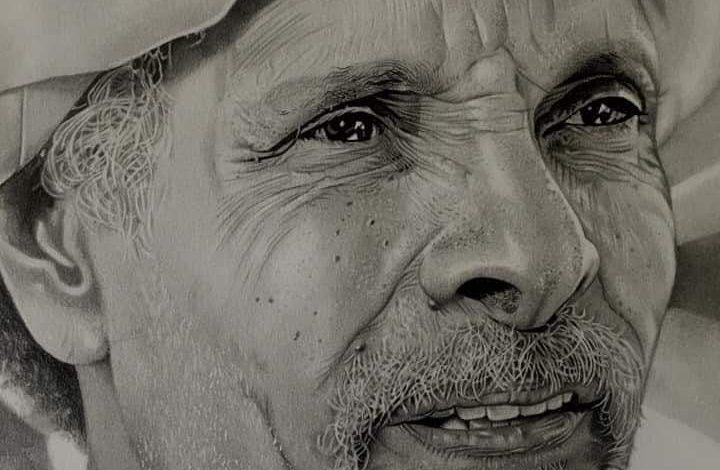Between no to war and yes to peace, Artists…opinions and positions

Sudan Events – Magda Hassan
The positions of the artists varied during the year of war, and each of them threw an arrow within the framework of solution and assistance from their point of view and in a way that suits their circumstances. Some of them chose to be a role model and did not leave their homes, some of them used their stardom for support and humanitarian aid, while some of them held charitable concerts to help the stranded and some of them sang songs that charge the Sudanese conscience positively.
Peace icon
What is clear and widespread is the involvement of a number of Sudanese artists in producing patriotic singing works that support the army or call for return, and others that call for stopping the fighting and turning to peace and love. The song of the singer Elaf Abdelaziz formed an icon of peace and the necessity of stopping war with a work under the title “Tomorrow the sorrows will disappear, we will return to our homes and Khartoum will become safe”, perhaps the latest of which was presented by the singer Mustafa Al-Barbari, “When will this war end and I will return to my country”, as a group of Sudanese singers also released the operetta, “The Days Will Pass”. All of these songs represent the mouthpiece of the Sudanese and have found interaction and acceptance.
Hold on
At a time when the majority of artists had left the capital, Khartoum, since the beginning of the war or during its first months, the singer and musician Abu Arki Al-Bakhit adhered to his position of remaining in his home amidst cannon fire and aerial bombardment in the Al-Arda neighborhood in central Omdurman, as an expression of a position rejecting the war, and his belief that he should not leave even in the country’s darkest moments.
A video clip spread on social media, from inside Al-Bakhit’s home, in which he recites a poem in Sudanese colloquial language that he composed, calling on those who left their homes due to the armed conflict to return.
Providing aid
In a similar situation, the singer Taha Suleiman chose to remain in Khartoum Bahri, the Shambat suburb, for more than 10 months, despite the escalation of the battles and the exchange of artillery shelling between the Sudanese army and the militia.
He continued to provide aid to those affected by the war in the city of Bahri, and was active in providing food supplies to the charitable food kitchen, as well as medicines and drinking water. He used his Facebook page to display humanitarian cases, and his fans competed in providing financial support from inside and outside the country. Taha Suleiman also organized an entertainment day for the children of Shambat, which included several activities and witnessed a large attendance. Taha did not come out until the militia asked him to perform singing works in support of them.
Mixed opinions
The positions of singers also fluctuate between no to war and support for the armed forces. The singer Issam Mohamed Nour appeared during a short video in which he said no to war and that any Sudanese citizen has the right to enjoy peace. After the video spread, Issam declared that the video was old and that war had become an imposed reality, while the actor Gamal Hassan is happy with his position, which he announced through a recording in which he says no to war, yes to peace.



